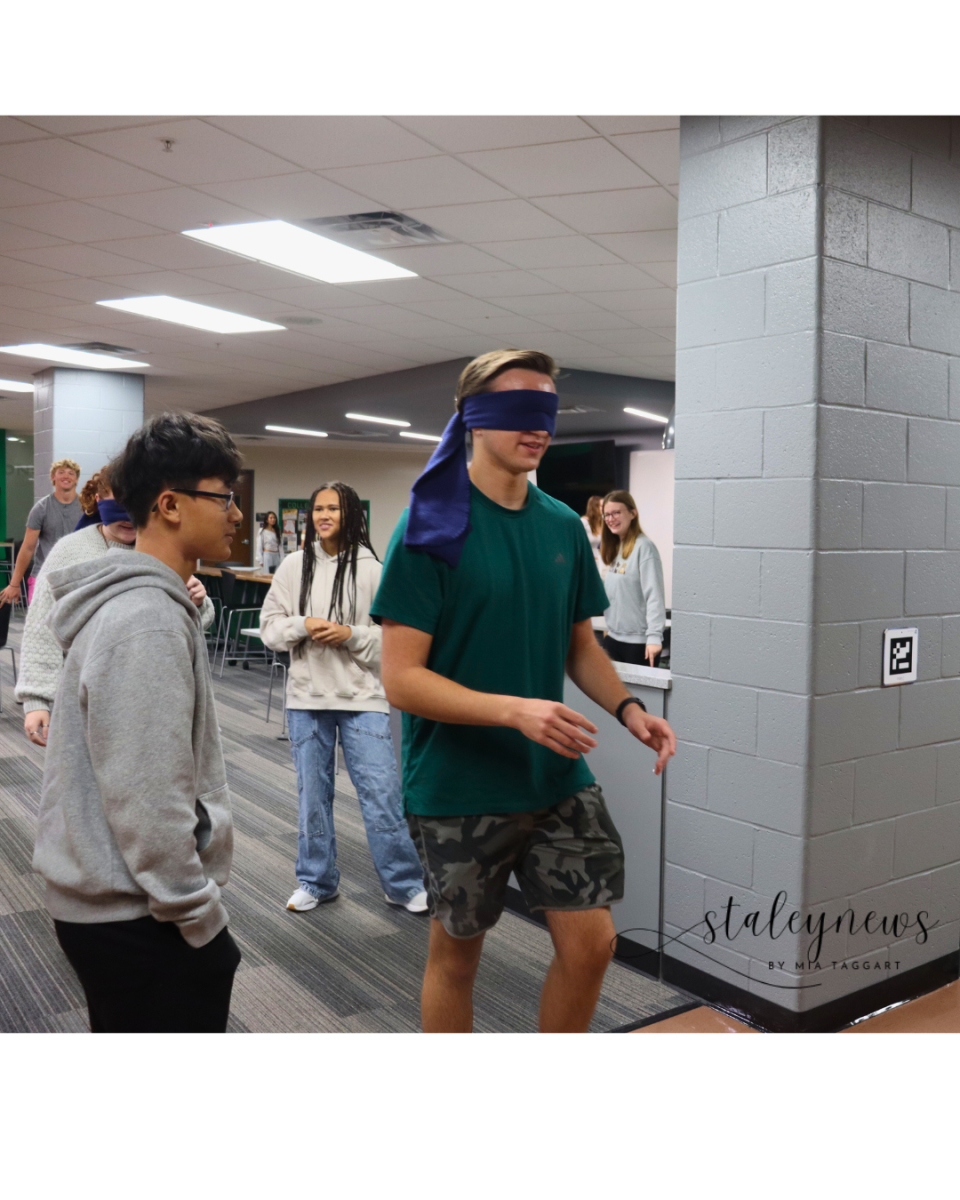Software Should Not Infringe on the Basic Right of Privacy
APPLE DECLINED TO CREATE SOFTWARE FOR THE FBI
There has been controversy in the United States on whether or not Apple should develop the software to get into Syed Rizwan’s iPhone. Together he and his wife Tashfeen Malik both shot and killed 14 people in Cupertino, Calif., in December. According to The New York Times, the FBI wants into the phone to find out if Rizwan and Tashfeen had planned the shooting in Cupertino with the Islamic State, a terrorist organization.
The U.S. government has asked Apple to make an entire new iOS software, just for that phone. But Apple’s CEO Tim Cook has stated that once this software is created, the technique can be used over and over again, by any ordinary person. This is a violation of our basic rights of privacy. As citizens of the United States of America, our government promises us protection, and this is not protection.
On most iPhones, there is personal information, like financial knowledge, notes, where we’ve been and where we are, private conversations, photos, and music. This is not information that everyone needs to know.
While I know that the government is only wanting in this phone so they can figure out if what Rizwan and Tashfeen did was tied with the Islamic State, but there should be other ways to prove that this mass murder was truly an act of terrorism. They had other ways to find Osama Bin Laden, and they should have other ways to find this out. In the many years of the government trying to find Bin Laden, they had found what they thought to believe a courier of his and then they surveilled him, according to Spiegel Online. There was no new software that was created that would potentially hurt the greater good of people. They can track people they could be tied with like they did with Bin Laden.
Apple should stick to what they have been saying and keep their customers privacy as private as they have promised. Who knows how the world will change if this software is created. Some people will not feel safe or protected on any mobile device ever again.
According to Washington Post, as of March 10 the Department of Justice filed a response to Apple’s motion to oppose the court order. The response argues Apple’s attempts to link the case to broader questions about privacy are “a diversion”.































